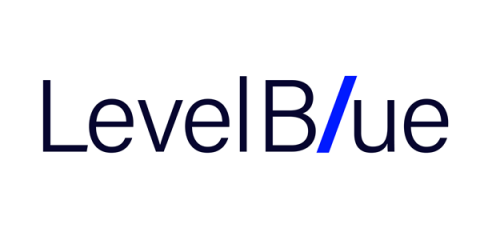Securing Networks: Evaluating Hardware Firewalls
In today's digital world, where digital threats loom large and data breaches are a constant concern, safeguarding your business network is vital. In the collection of cybersecurity tools at your disposal, hardware firewalls are a fundamental defense mechanism for organizations. This article delves into the pros and cons of hardware firewalls, examining their importance in network security, possible disadvantages, and factors to consider when implementing them.


